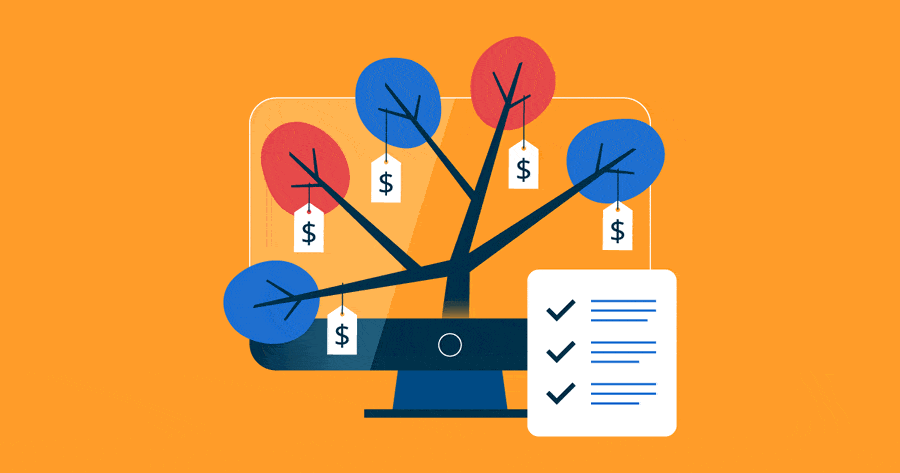(Visited 47 times, 1 visits today)
Last modified: 01/07/2022
30/06/2022• bymarcus

We had an interesting conversation in class yesterday about DAO’s.
I had recently been researching DAOs for a qualification that I am writing. During my research I came to the conclusion that maybe a DAO is in fact a Unicorn… does a pure DAO even exist? I am sure that theoretically it does, but in reality a DAO seems to be more aspirational than factual. There are two key elements of a DAO:
I think it is the first element that is the catalyst for confusion when it comes to creating a DAO. As a creator of a blockchain system it implies that all decisions are in fact voted on. Everyone has a say. But let’s face it, on what planet does that really happen? We could argue all day that everyone could be allowed a say (vote) in how the network is operated, but it is most unlikely that the creators will entirely abdicate total control and direction of their network.
I think it is more likely that there will be many DAO-like characteristics deployed in any given network where it is efficient and practical to automate certain things through code (Smart Contracts). Is it a true DAO? … probably not… is it DAO-like?… definitely, and the more democratic and automated elements, the closer the network moves towards a DAO.
In class I was also asked if there is a ‘minimum’ or ‘maximum’ automation that would classify a network as a DAO. I likened this to the ‘organic’ classification of food. In practice there maybe be only a % of the product that has to have ‘organic origins’ and this seems to vary from certifier to certifier, jurisdiction to jurisdiction, and industry to industry. I think this might be the case for the DAO also. Is it a great idea? definitely… but it may in fact be a Unicorn at this point…
In the meantime I will continue my search for a true DAO.
Last modified: 01/07/2022
 The Disruption of Revenue Models 01/07/2022
The Disruption of Revenue Models 01/07/2022  The most common misconception about blockchain 19/12/2021
The most common misconception about blockchain 19/12/2021  The New Flow of Value 03/01/2022
The New Flow of Value 03/01/2022  Bringing Ideas to Life by Creating Value 13/04/2022
Bringing Ideas to Life by Creating Value 13/04/2022  Interview with Marcus about Applied Blockchain 10/02/2022
Interview with Marcus about Applied Blockchain 10/02/2022  What exactly is the double spend problem? 23/01/2022
What exactly is the double spend problem? 23/01/2022  Sustainable Smart Cities Part 1. 28/02/2023
Sustainable Smart Cities Part 1. 28/02/2023  A Unicorn called DAO 30/06/2022
A Unicorn called DAO 30/06/2022  Let’s Talk Blocks 02/02/2023
Let’s Talk Blocks 02/02/2023  Sustainable Smart Cities Part 2 07/03/2023
Sustainable Smart Cities Part 2 07/03/2023